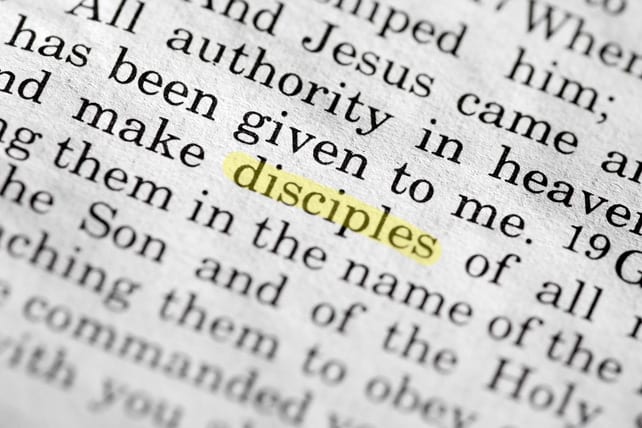Much of my work is about helping churches accurately diagnose where they are and then skillfully determine and describe where they’d like to go. If you want to get to the preferred future, you must know where you are right now. See also, Start with the End in Mind. This same line of thinking comes into play when diagnosing a discipleship pathway.
Clearly, accurately diagnosing where you are is no easy task. An accurate diagnosis requires a willingness to understand on the part of senior leadership along with brutal honesty about reality, and that is a difficult tension to manage. It is one of the reasons I’ve joined the the team at Intentional Churches and am beginning to facilitate a more robust growth planning process.
Which brings me to the challenging process of designing an effective discipleship pathway. There are a number of pieces, but just like every other diagnosis, you must figure out both where you are and where you’d like to go.
When it comes to where you’d like to go (i.e., what you’d like to produce or what you will call a mature disciple), I have long preferred something Dallas Willard wrote when describing a follower or disciple of Jesus:
“Disciples of Jesus are those who are with him, learning to be like him. That is, they are learning to lead their life, their actual existence, as he would lead their life if he were they.” (Renovation of the Heart, 241)
Willard went on to write:
“A mature disciple is one who effortlessly does what Jesus would do if Jesus were him.”
This begins to give me a helpful way of understanding where I need to go, what I need to figure out how to produce. I know (and you should too) that you must know where you are going. It is not optional. As the Cheshire Cat said to Alice, “If you don’t know where you are going, any road will get you there.”
Which leads me to a recent rediscovery from Bill Hull’s, The Complete Book of Discipleship: On Being and Making Followers of Christ. When describing what a disciple should be, Hull notes the following essential elements:
- A disciple submits to a teacher who teaches her how to follow Jesus.
- A disciple learns Jesus’ words.
- A disciple learns Jesus’ way of ministry.
- A disciple imitates Jesus’ life and character.
- A disciple finds and teaches other disciples who also follow Jesus.
Ready for a little brutal honesty? Is that what your discipleship pathway is making? To what extent? Are you making the number and the quality of disciples you’d like to make? Or are you settling? See also, 6 Essential Questions about Making Disciples and Small Group Ministry.












